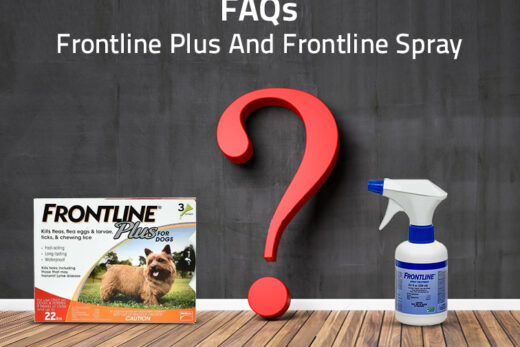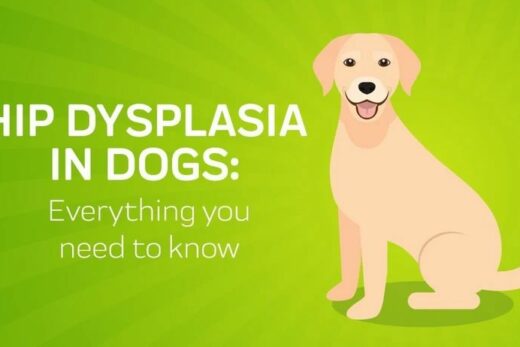Sometimes dogs suffer digestive distress that makes it impossible for them to “keep their food down” and require a bland diet to consume any nutrients and get their digestive systems working normally again, just like people do. There are many reasons a dog may need a bland diet. You may also be trying to picture exactly what a bland diet for dogs would be like. This post covers when your dog may need to eat a bland diet and how to go about feeding them one.
What is a Bland Diet for Dogs?
A bland dog diet is a diet that is very gentle on the dog’s digestive system so they can continue to process foods and get some nutrients without much risk of nausea, vomiting, diarrhea, and other digestive issues. It uses the same concept as the BRAT diet in humans, though the foods vary because humans and dogs have different needs.
Bland food for dogs avoids potential food allergens, and fats, proteins, and other things that are hard for ailing digestive systems to process. Most commercial dog food is intended for the average, healthy dog, and a lot of it isn’t really all that healthy even for them. But even the healthiest commercial dog food is too rich for dogs with food allergies and sick digestive systems.
Commercial bland foods for dogs?
It would be very convenient to just pick up a new dog food, but trying to make and sell a shelf stable food bland enough is quite a challenge.
Some companies do try, reducing the number of potentially irritating ingredients and/or avoiding certain triggers for common food allergies in dogs. If a food allergy is your dog’s problem or the problem is not very severe, one of these foods may help.
Most dogs with serious digestive problems will need a homemade diet of very few ingredients.
When do dogs need bland dog food?
Dogs need a bland diet when they have:
- internal and external symptoms of food allergies
- vomiting
- diarrhea
- lack of appetite
- avoidance of water
You know how you get to that point where your body just don’t want to digest food? You may even throw up every time you eat. You may even get so nauseated that you don’t want to eat or drink for fear of throwing up or how bad it will make you feel. Well, it’s the same way with dogs. A bland dog diet can help their digestive systems function somewhat normally for a while, so the dog can maintain some nutritional intake and their digestive system can straighten out by processing less irritating foods.
The problem may be a sign of an illness or poisoning or the dog may just be under the weather from stress. A bland dog diet can help them recover from an illness or get their digestive systems back in shape from a stressful event.
The vet is still needed
Don’t try to treat your dog yourself with a bland diet without ensuring they have been seen by a vet.
Number one, a dog with these digestive symptoms may have something wrong with them requiring treatment, perhaps emergency treatment. For instance, they may have ingested a toxin. They may also have a disease that has to be cured with medication.
Number two, the dog can only stay on the bland diet for a few days. They get nutrients to carry them through but not enough to live off of for any length of time. You will need to know the dog has a good chance of improving in that period of time.
Number three, you need to know that the bland diet is indeed the answer for your dog’s ailment. Unless it’s strictly because it’s softer, a bland diet won’t help a dog with bad teeth.
Number four, homemade diets are notorious for causing nutritional problems. You need the vet’s approval of your proposed diet to ensure you are feeding them the right nutrients in the right amount for their breed, age, size, and health.
The only time you should try a bland diet without taking the dog to the vet first is if you are pretty much 100% sure why the dog is having the stomach problem and that it isn’t serious. The duration of their symptoms is also a factor. Without the presence of other alarming symptoms, a single bout or two of stomach problems may not be a sign of anything serious.
You should take the dog to the vet if the stomach problems persist, if they are accompanied by other symptoms, or if you suspect they may have ingested a toxin. Watch the dog for signs of dehydration.





